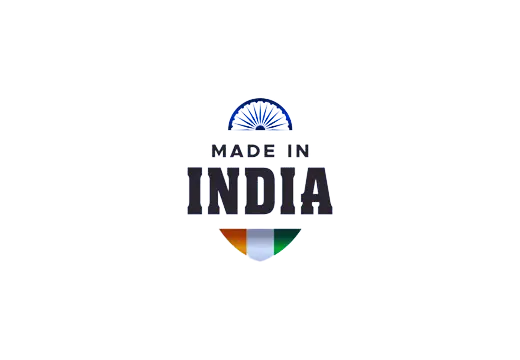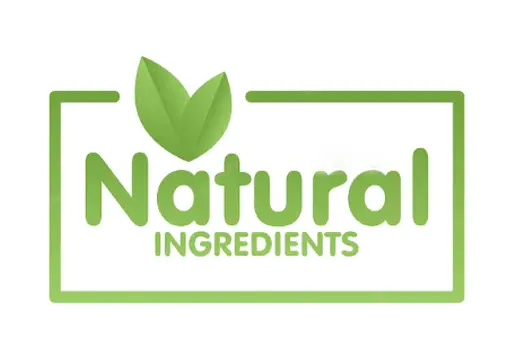Support for Kidney Health
L-Carnitine Background and Benefits
Carnitine is an ammonium compound synthesized primarily in the liver and kidneys from the amino acids methionine and lysine. Plant and animal cells use it to transport fatty acids to the mitochondria where they metabolize fats. Carnitine was discovered as a growth factor in mealworms and was originally called vitamin BT, although it is not actually a vitamin. There are two forms of carnitine, d-carnitine and l-carnitine, but only l-carnitine is biologically active.
Red meat is the most common dietary source of l-carnitine, although it is also found in many vegetables. Seeds such as pumpkin, sesame and sunflower are sources of l-carnitine, as are legumes such as beans, lentils, peanuts and peas. Green leafy vegetables such as broccoli, kale, collard greens, okra and parsley also contain L-carnitine. Other sources of L-carnitine include grains such as corn, oatmeal, rice bran, artichokes, asparagus and wheat germ.
L-carnitine is a popular dietary supplement often taken by people with naturally low L-carnitine levels. This condition is common in strict vegetarians and premature infants. Low L-carnitine levels can also be caused by various genetic disorders that affect the biosynthesis of L-carnitine. In addition, L-carnitine supplements are helpful for people taking certain medications or undergoing hemodialysis.
Uses of L-Carnitine
L-carnitine can be helpful in relieving muscle discomfort, especially strains caused by exercise. L-carnitine is also commonly used to support healthy thyroid hormone levels.Signs that you need L-carnitine
L-carnitine can help you if you are suffering from a carnitine deficiency, which is usually due to a deficiency in your diet or an inability to absorb this nutrient from food. Common causes of carnitine deficiency are genetic disorders that affect the liver and kidneys.L-carnitine supplements can also help you if you are deficient in other nutrients needed for the biosynthesis of L-carnitine, such as iron, lysine, methionine, niacin, vitamin B1, vitamin B6, and vitamin C.






